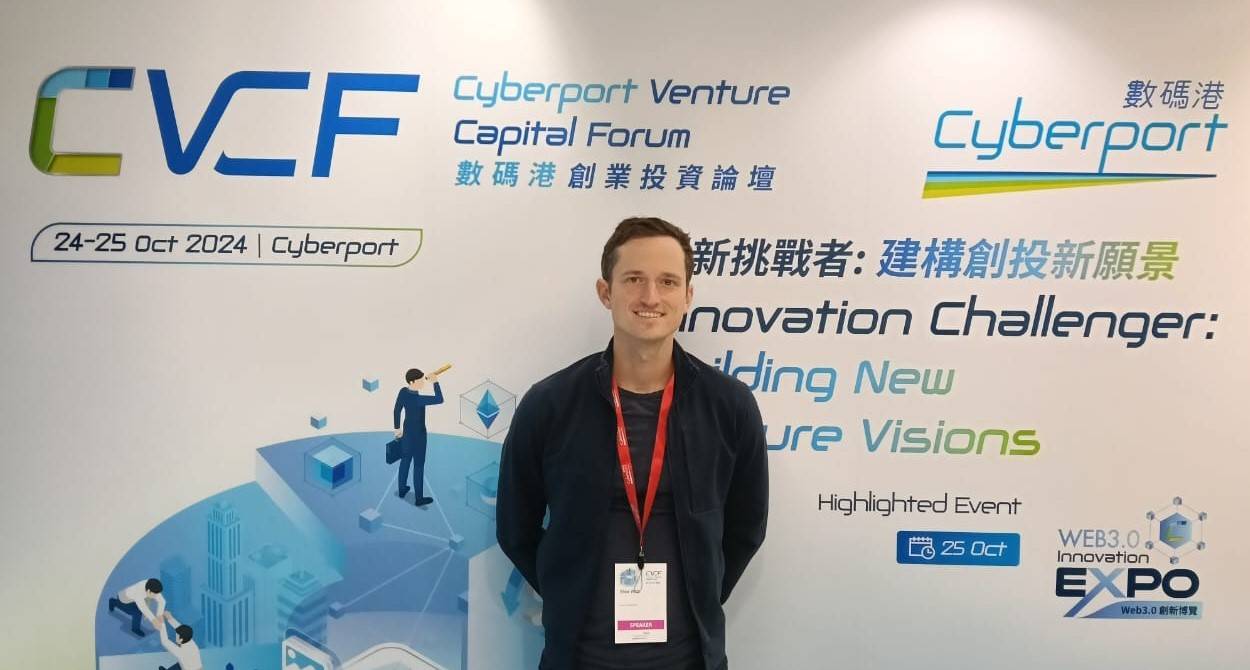By Ismanto Dodik Suyoto at Techmind.id
Statistics from the U.S. Bureau of Labor Statistics show that approximately 45% of startups fail within their first five years. One of the main causes of this phenomenon is their inability to develop products that are truly relevant to market needs. However, there is one strategy that can be a savior: the Minimum Viable Product (MVP). Although this concept often sounds simple, its implementation in the field is frequently not as easy as imagined.
MVP is an initial version of a product launched with core features designed to meet basic customer needs. However, the question is, do startups truly understand what that may be?
According to Heribertus Hariyanto, Project Manager at Emveep, many startups get trapped in ambitious ideas without conducting thorough market research.

Heribertus Hariyanto Atmaja
With an MVP, we can see market reactions before investing too much in development. But if startups don’t conduct proper research before launch, they might fall into making a very common mistake: building something the market doesn’t want.
Feedback received after MVP launch is crucial, but startups often get caught up in pride over their created product, ignoring constructive criticism.
“At Emveep, my team and I learn from mistakes and successes for every project we work on. Each product iteration is an opportunity to better understand customers,” said Heribertus.
However, not all startups are ready to listen to customer voices, and this becomes a significant stumbling block.
Equally important, alignment between marketing and IT teams is a key factor in successful product development. Many marketing teams don’t sufficiently understand the technical aspects of products, and conversely, IT teams often lack sensitivity to market needs. Collaboration between these two teams is the essence of innovation. However, if both teams don’t share the same vision, the results can be far from expectations.
Startups must remain vigilant not to lose control over their own vision and strategy. Without proper supervision, there’s a risk that important decisions about products could be made without considering core business needs.
The role of startup studio developers is becoming increasingly vital in helping startups. They provide the resources and expertise needed to develop products from scratch. One example of a startup studio developer that has successfully handled various projects for domestic and foreign clients is Emveep. They are not just developers but also strategic partners who help startups design and implement appropriate technology solutions.
Working with startup studio developers allows startup founders to be more efficient. In other words, startup studio developers can rely on their expertise to overcome technical challenges, while startup founders focus on developing and executing on their vision and strategy. However, excessive dependence on third parties can be a double-edged sword. Startups must remain vigilant not to lose control over their own vision and strategy. Without proper supervision, there’s a risk that important decisions about products could be made without considering core business needs.

Photo credit: Unsplash by Mimi Thian
“Adopting the MVP approach, strengthening collaboration between marketing and IT teams, and utilizing support from startup studio developers are steps that are very necessary for startups. However, these steps are not always enough. In an increasingly competitive business world, success depends not only on brilliant ideas but also on the ability to adapt to ever-changing market needs. If they want to survive and grow, startups must be ready to listen and learn from the market, not just from their desired results,” added Heribertus.
With a deeper understanding of these challenges, it is hoped that more startups can achieve success and avoid failures that threaten their existence. If not, they will become part of the disappointing statistics in this industry.
(This article first appeared at Techmind.id)








